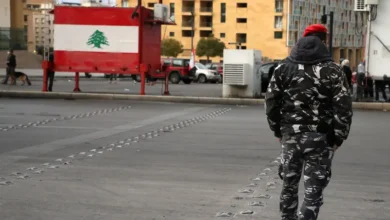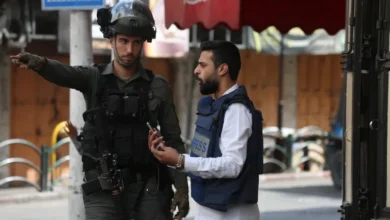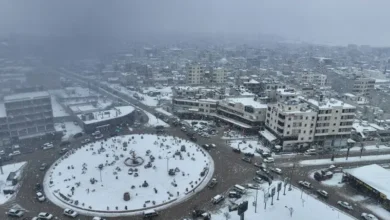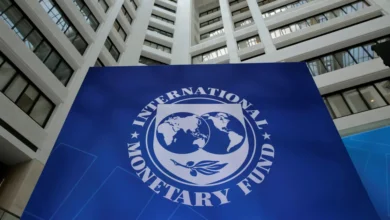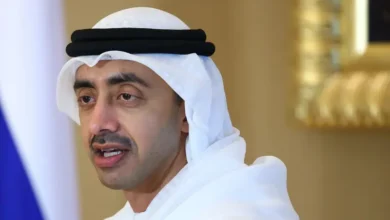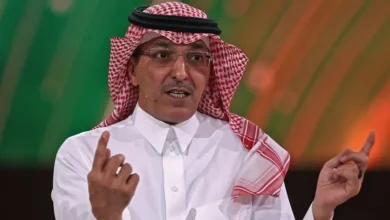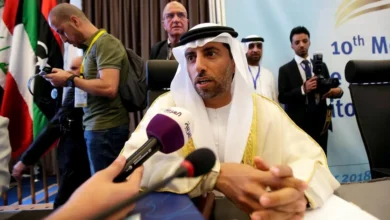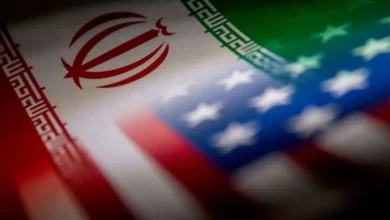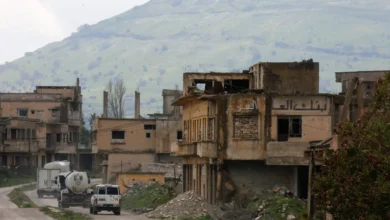Umrah crowd control: How Saudi authorities are ensuring safety of pilgrims

Since Saudi Arabia lifted the cap on the number of pilgrims allowed to perform Umrah at one time, hundreds of thousands of Muslims worldwide have flocked to Mecca for the pilgrimage.
Authorities have rolled out multiple policies and initiatives to ensure pilgrims are always safe at the holy sites.
Designated personnel
Around the holy sites, designated personnel help manage the crowds performing Umrah.
During the tawaf, when Muslims circumambulate the Kaaba, it can be challenging for individuals to move through the large groups of people.

The stationed officers receive training to prevent stampedes and guide people in an organized manner.
According to the Kingdom’s Director of Public Security Lieutenant General Mohammed bin Abdullah al-Bassami, the Umrah security forces will implement the Ministry of Interior plan to manage and organize crowds, control traffic, provide humanitarian services, and train personnel on the ground.
Meanwhile, the Director-General of Civil Defense Major General Hammoud bin Suleiman al-Faraj told reporters at a press conference earlier this week that all teams are prepared to handle the large influx of worshippers, especially during Ramadan.
“The General Directorate of Civil Defense has completed its preparations in all sites frequented by pilgrims and visitors to ensure readiness, fire prevention and protection, especially in areas that witness high density,” he said.

The Civil Defense had coordinated with authorities to take legal measures by applying regulations and controlling violations, al-Faraj added.
The use of AI technology
In March, al-Bassami announced that the Kingdom would develop artificial intelligence algorithms to help crowd management and streamline services for pilgrims visiting the holy sites.
On-the-ground personnel will use AI to provide the best services to pilgrims.

According to al-Bassami, AI technologies introduced recently around the mosques have been helping keep crowds under control as they enter and leave, thanks to faster decision-making, while ensuring that no more than the right number of people are present anywhere around the sites at any given time.
Thanks to these technologies, he added that any crowd-related contingencies are immediately dealt with.
Protecting children
During the holy month of Ramadan, the Grand Mosque witnesses an influx of children accompanying their family members on Umrah.
As a preventative measure, the Agency for Women’s Social, Voluntary and Humanitarian Services launched an initiative to provide each child with a bracelet with their personal information in case they get lost.
The bracelet lists the child’s name, data, and their accompanying adult’s contact information to ensure that they are returned to their family members if they lose sight of them in the crowds.
